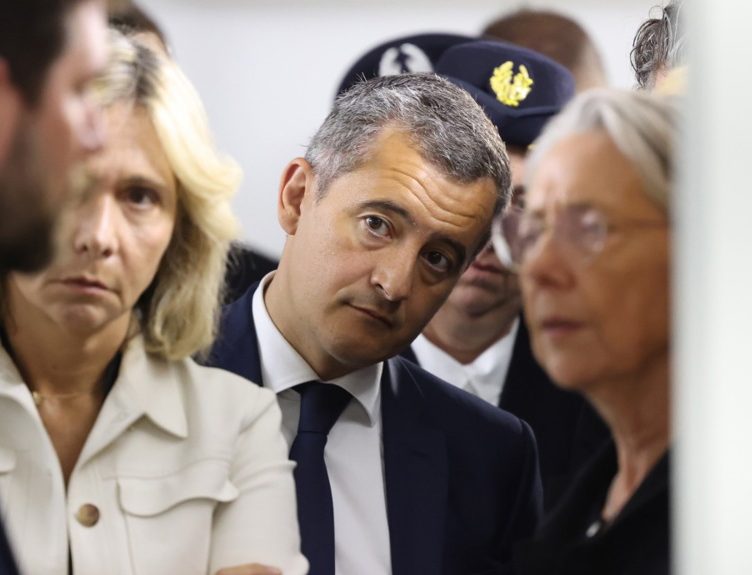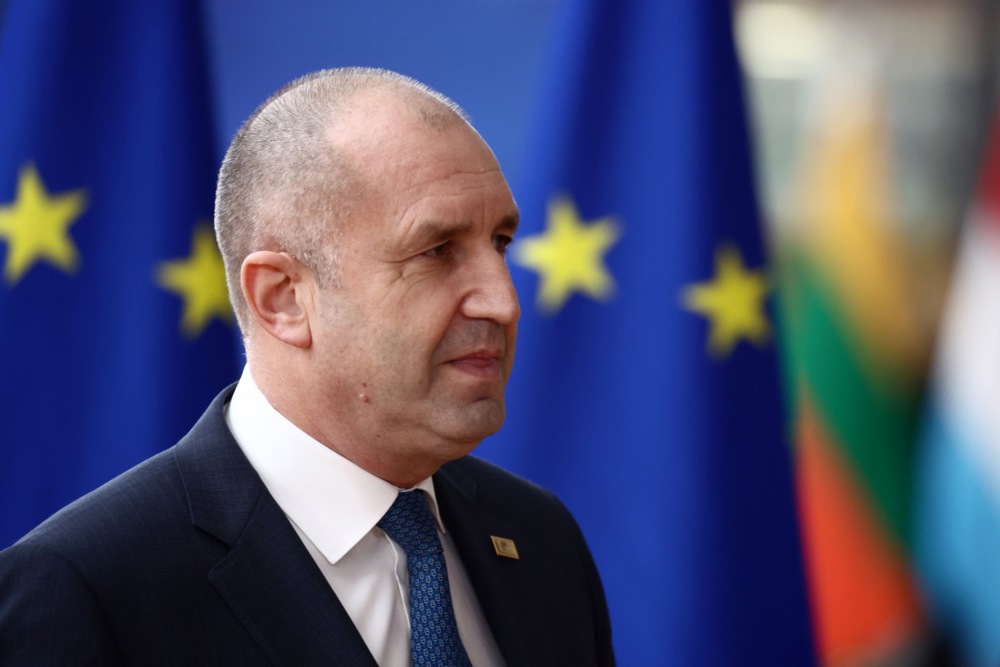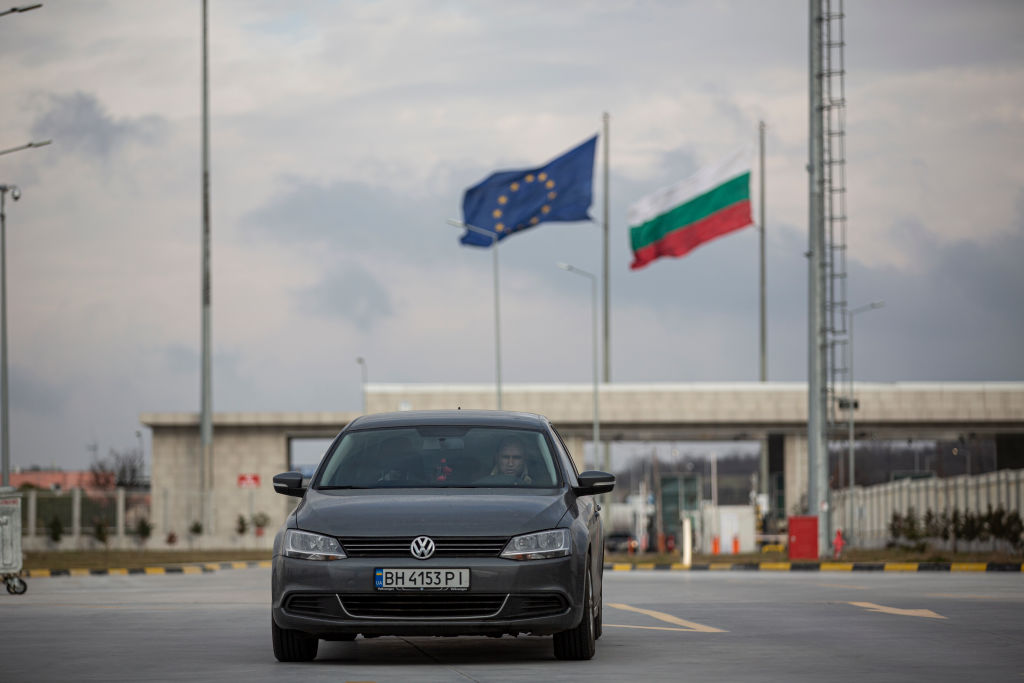Aleksei Petrov, a former presidential candidate and an ex-secret agent with criminal underworld ties, was assassinated in Bulgaria on August 16.
It is reported that Petrov and a woman accompanying him were shot in broad daylight in suburban woodland in the capital city Sofia, where he was known to stroll regularly.
Petrov was declared dead at the scene while the woman was rushed to hospital.
Businessman Petrov, the latest casualty in a string of similar killings in the country, joins the list of prominent Bulgarians with shadowy links to underworld circles who have met their demise in 2023.
This year has ushered in a grim narrative for Bulgaria, marked by a series of high-profile murders among the country’s criminal elite. It began ominously with the deaths of three notable Bulgarians involved in nefarious activities.
Petrov met his end following a lifetime marked by intrigue and power plays. His shooting followed the murders of Krasimir Kamenov – known as Karo – and one of the infamous Galevi brothers wanted by Interpol.
Petrov became a key figure following the country’s transition period to democracy in the 1990s, and had fingers in various pies from political manoeuvres to criminal dealings. His connections ran deep – he once mediated a fateful meeting between the Galevi brothers and a former interior minister, leading to the minister’s resignation amid suspicions of unsavoury alliances.
He had made an unsuccessful presidential run in 2011, a year after being arrested and charged with running a criminal group engaged in extortion, racketeering, drug trafficking, money laundering and tax evasion.
Recent events thrust Petrov back into the spotlight, with his public advocation for reforms within Bulgaria’s Ministry of Interior. His call for professional leadership untainted by unethical political motives resonated as he warned of looming risks tied to the war in Ukraine.
Folllowing Petrov’s demise, public figures offered candid responses.
Tsvetan Tsvetanov, former Minister of Interior, lamented what he called a lack of statecraft, and a return to the dark days of contract killings and criminal dominance. Rumen Petkov, another former minister, suggested Petrov’s potential return to a security agency could have played a role in his death, hinting at deeper political motivations.
As questions swirl and theories abound, Petrov’s death raises questions about the current state of affairs in Bulgaria. Slavi Trifonov, leader of populist There Is Such a People political party, posed a series of queries in response to ongoing turmoil, reflecting concerns about a potential gangster “war” amid weakening state apparatus.
Ivan Geshev, the country’s former Chief Public Prosecutor, sharply criticised what he said was the erosion of law enforcement and statehood, framing the situation as a collapse of security.
Petrov’s assassination is worrying for a country grappling with many internal challenges. Bulgaria has been mired in chronic political instability and has undergone five elections in the past two years, It has only recently managed to form a coalition government.
Still, Petrov’s business ties with Boyko Borisov, a former prime-minister and a key governing coalition member, may spell more trouble in the weeks ahead.





